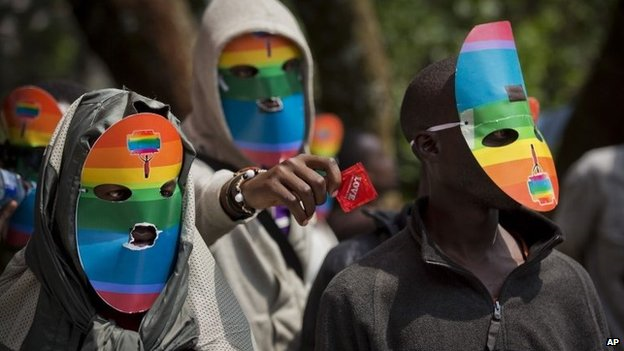By Ellis Cortez
Impunity Watch Reporter, South America
CARACAS, Venezuela – Police and opposition demonstrators have clashed at the end of a march that gathered tens of thousands of people in Caracas on February 22. Police fired tear gas and activists hurled stones in the Altamira district where several people were injured.
Since the protests began, 10 people have died, 137 have been injured and 104 arrested, according to government figures. Demonstrators are accusing troops and pro-Maduro militants of attacking peaceful demonstrators.
A female student and a young supermarket worker were the latest fatalities from Venezuela’s political unrest. Geraldin Moreno, a 23-year old student, died in a hospital on Saturday after being shot in the face with rubber bullets as security forces broke up a protest on February 19. Santiago Enrique Pedroza, a 29 year-old man was killed late on Friday when he rode his motorcycle into a cable strung across a main road in the eastern neighborhood of Horizonte.”He was on his way home, he couldn’t see the cable because of the darkness, and it slit his throat,” Interior Minister Miguel Rodriguez Torres told state television.
Maduro reiterated that the events of the last two weeks are a coup-in-the-making backed by the United States and financed by Colombia’s ex-president Álvaro Uribe, whom Maduro accuses Leopoldo Lopez of working closely with.
Anti-government protesters have repeatedly blocked streets in the area with trash, which they sometimes set on fire. Police and National Guard troops have often used teargas to separate demonstrators.
According to locals in San Cristobal, the state-capital of Tachira, the internet remained down until Friday. In another effort to neutralize mounting tensions, the minister of energy, Rafael Ramirez, has banned fuel distribution to areas he considers “under-siege”.
Private and public TV stations in the country have given little coverage to the street protests, or even to the incarceration of Lopez, who now awaits trial in a military prison. Several members of a CNN team had their journalist accreditation revoked and left the country amid accusations of “contributing with their coverage to psychological warfare.”
Human Rights Watch has issued a statement condemning the systematic violation of personal freedom and the unlawful imprisonment of civilians.
On Friday, Maduro urged U.S. President Barack Obama to hold talks with his government and suggested the two nations restore ambassadors. “Accept the challenge and we will start a high-level dialogue and put the truth on the table,” Maduro said in a nationwide TV address.
The opposition is demanding that the president resign over rampant crime, high inflation, shortages of basic products, and what opposition members see as repression of political opponents.
The current wave of protests began on February 12. Three people were shot dead at the end of those marches in Caracas by unknown gunmen. Daily protests have been held in the capital for the past eleven days.
For more information please see:
Reuters – Venezuela deaths rise as unrest claims student and biker– 22 February 2014
BBC – Venezuelan police and opposition activists clash in Caracas – 22 February 2014
The Guardian – Venezuelans on streets again as protest leader awaits trial arrest – 22 February 2014
CNN – Venezuela’s Maduro wants talks with Obama – 21 February 2014


